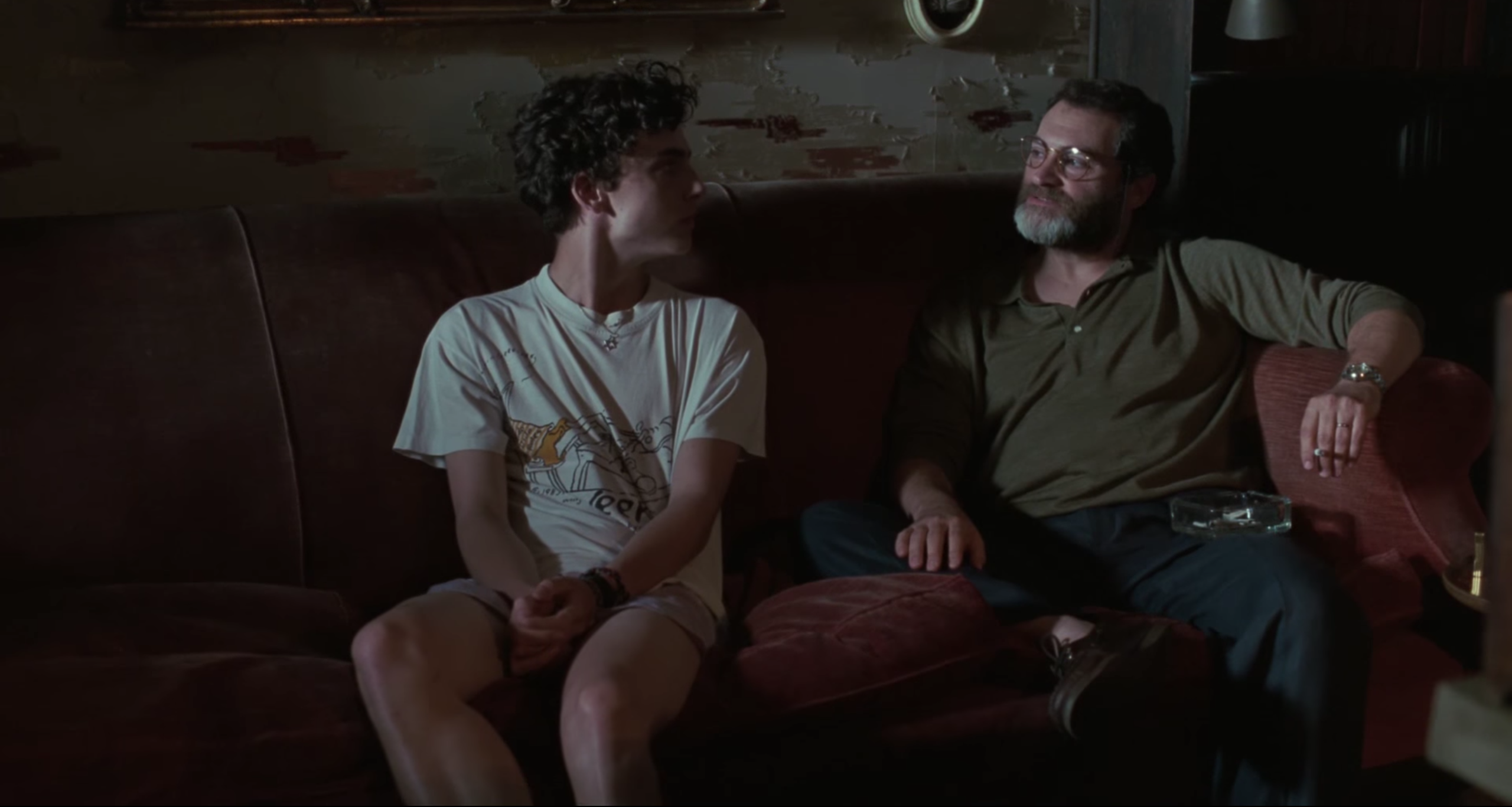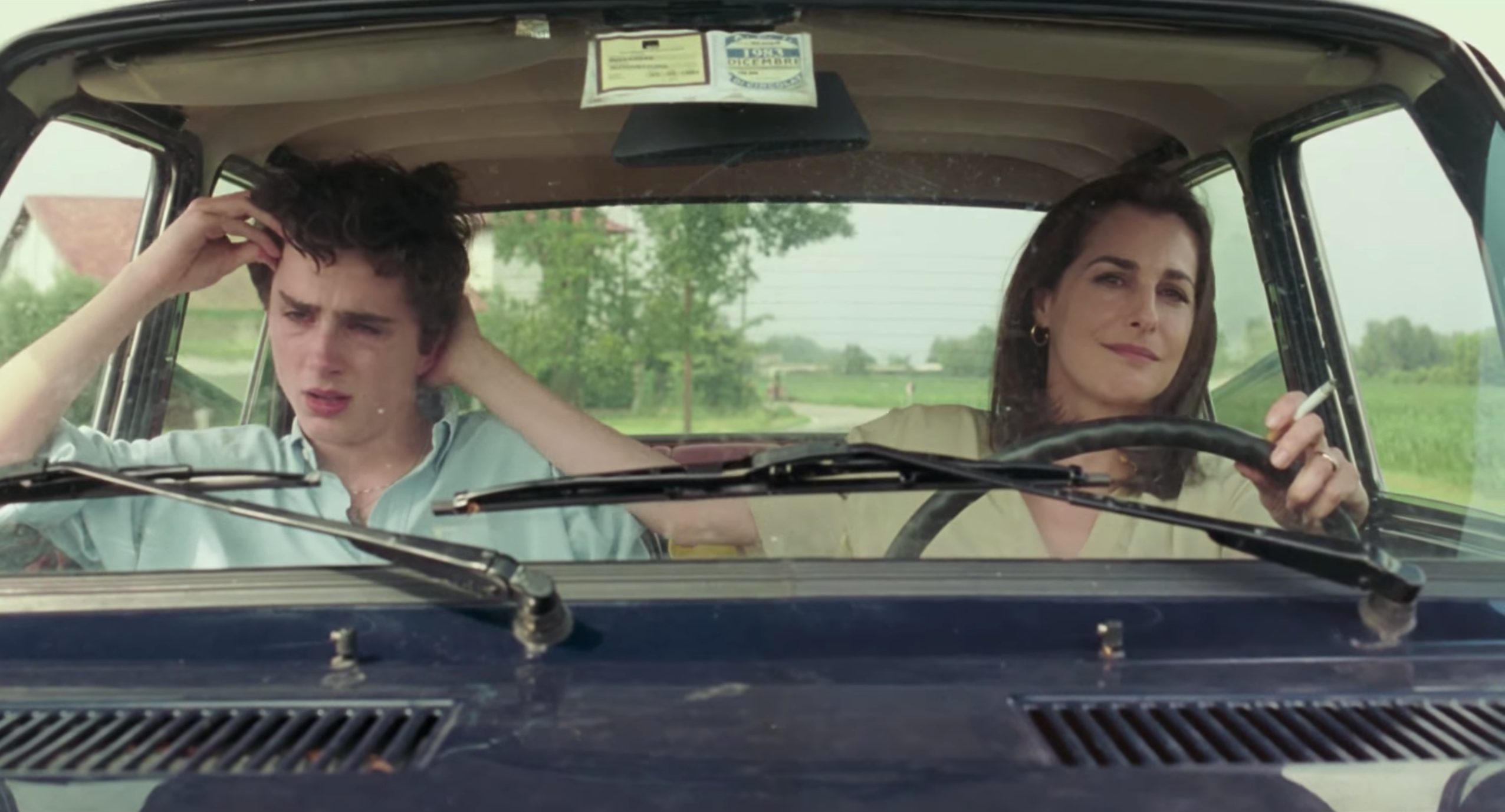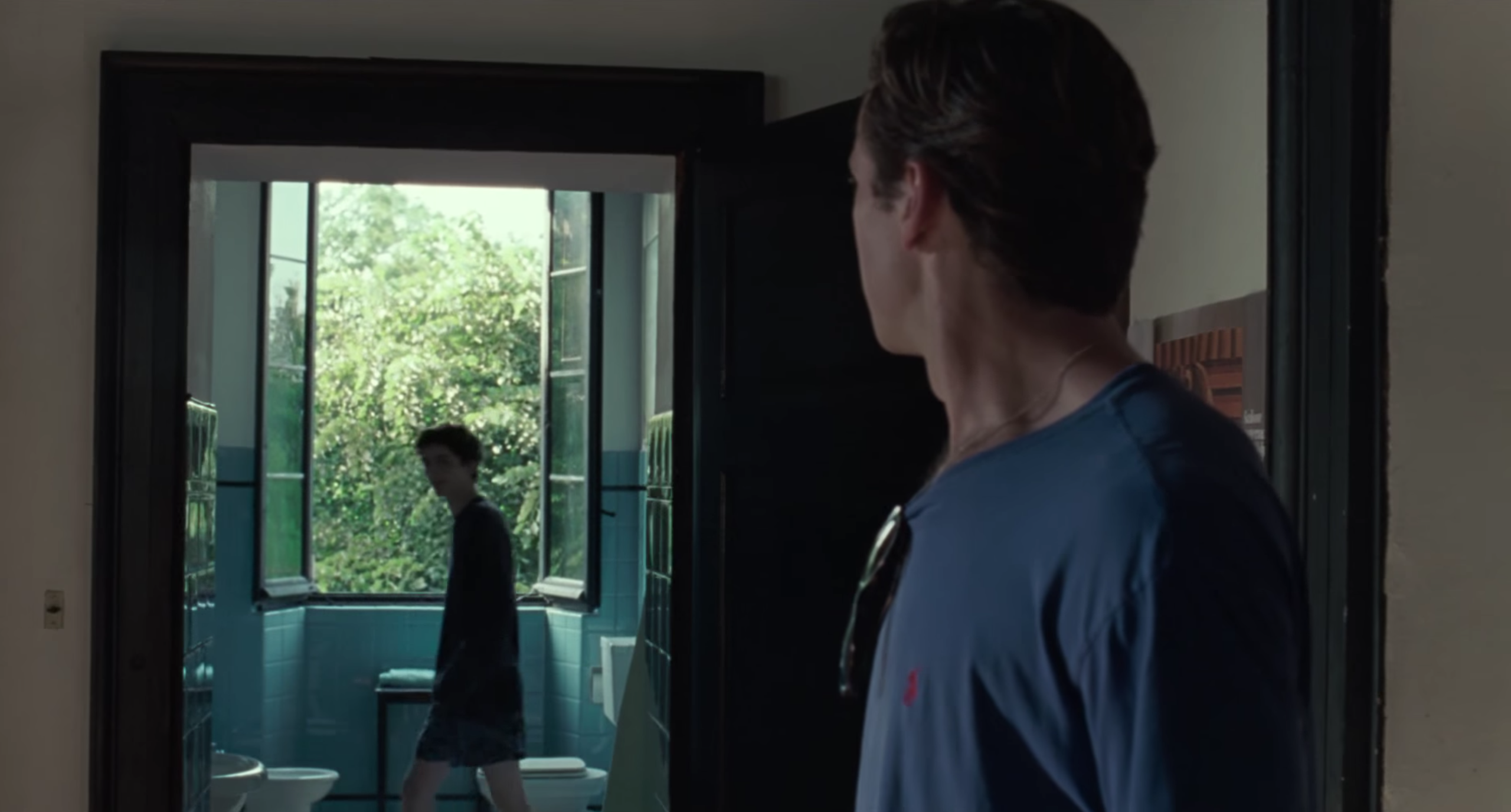Call Me By Your Name - The Beauty of Vulnerability
Spoiler Alert: This post is about the book Call Me By My Name, and contains many important plot points
“We rip out so much of ourselves to be cured of things faster than we should that we go bankrupt by the age of thirty and have less to offer each time we start with someone new. But to feel nothing so as not to feel anything - what a waste!”
These are the words that Mr.Perlman- Elio’s father- chooses to tell Elio on the day that Oliver leaves for America. Elio, heartbroken and- as I would imagine- confused, returns from Rome to his home on the countryside at the end of a summer-long affair. The wounds are still fresh, and he is making sense of the monumental events that have occured over the past few weeks.
When his father reveals that he knew about the secret relationship between Elio and Oliver, Elio can only expect the unfortunately common reaction to homosexuality. Instead, his father shows him a boundless tenderness, reminds him that the pain was a remnant of a beautiful experience, and advises him not to let his heart grow tough.
“If there is pain, nurse it, and if there is a flame, don’t snuff it out, don’t be brutal with it. Withdrawal can be a terrible thing when it keeps us awake at night, and watching others forget us sooner than we’d want to be forgotten is no better”

From what I have seen in culture today, vulnerability is thought of as only a weakness, rather than a tradeoff. “Having it all” means feeling all the good without any of the consequences, so when people are physically intimate, they try to keep an emotional distance. But how can we do things that matter, when we don’t allow anything to matter to us?
This is by no means a condemnation of those who try to remain aloof in any kind of relationship. However, why would you deny yourself the intimacy of a connection with others? This pain is only in the heart, after all, and like all other pain, it is a reminder that you have- and can still- feel.
Vulnerability is the consequence of allowing things and people to matter to you. In any meaningful connection, you must accept the fact that you can feel pain and pleasure from the action or inaction of others. Just like anything else that is a part of you- a limb, for example- its removal will cause you pain. Your only choice is whether or not to allow something to matter so much.

In his later years, when Elio visits Oliver, he tells him over drinks that:
“You are the only person I’d like to say goodbye to when I die, because only then will this thing I call my life make any sense. And if I should hear that you died, my life as I know it, the me who is speaking with you now, will cease to exist.”
There is a part of him that he still views in the context of Oliver in a way that is more significant than memories of a summer gone by. Something grew from those shared experiences: a part of him that influences how he acts, one that occasionally hurts from nostalgia.
At the same time, he also speaks of people that came after Oliver as other monumental figures in his life:
“Many helped me part life into Before X and After X segments, many brought joy and sorrow, many threw my life off course, while others made no difference whatsoever, so that Oliver, who for so long had loomed like a fulcrum on the scale of life, eventually acquired successors who either eclipsed him or reduced him to an early signpost, a minor fork in the road, a small, fiery Mercury on a voyage out to Pluto and beyond. Fancy this, I might say: at the time I knew Oliver, I still hadn’t met so-and-so. Yet life without so-and-so was simply unthinkable.”
Because he didn’t allow his tulmultuous relationship to wound him in such a way that he did not recover, he was able to open his heart to others, while still keeping his tenderness for Oliver. And over time, the pain grew smaller and smaller, while the love stayed the same.

I read this book (twice) the month after the end of a two year long relationship- one that changed a lot about who I am, and holds a special place in my heart.
After reading this, I started to see the chasm that had opened up in my life as more of a wrinkle- not in regards to the magnitude of it, but to my relationship with it. It was a reminder, now, of my ability to love and to receive love.
When I closed the cover on this novel for the second time, I walked away with an aspiration to keep my heart open to the world, and exemplify the kind of love that is found in “Call Me By Your Name”:
“Amor ch’a null’amato amar perdona. Love, which exempts no one who’s loved from loving”
